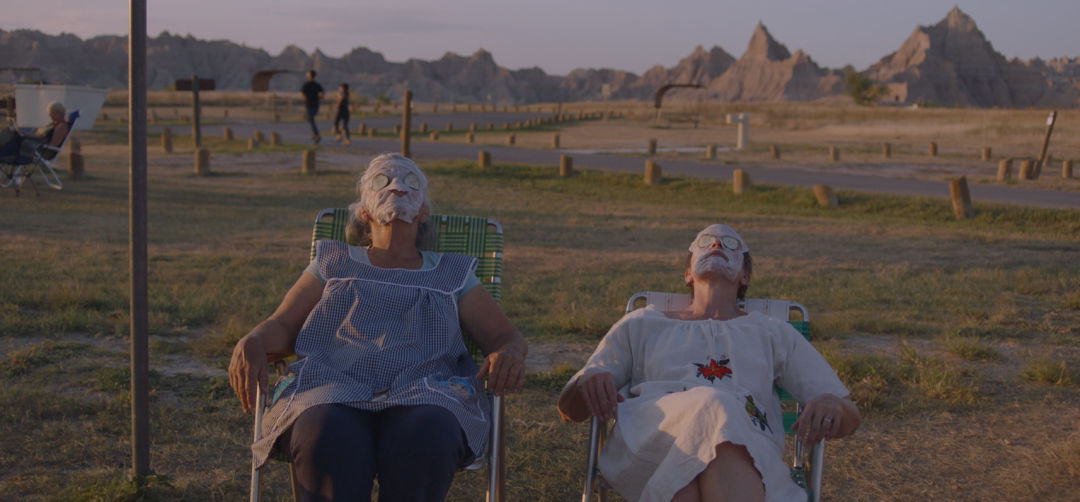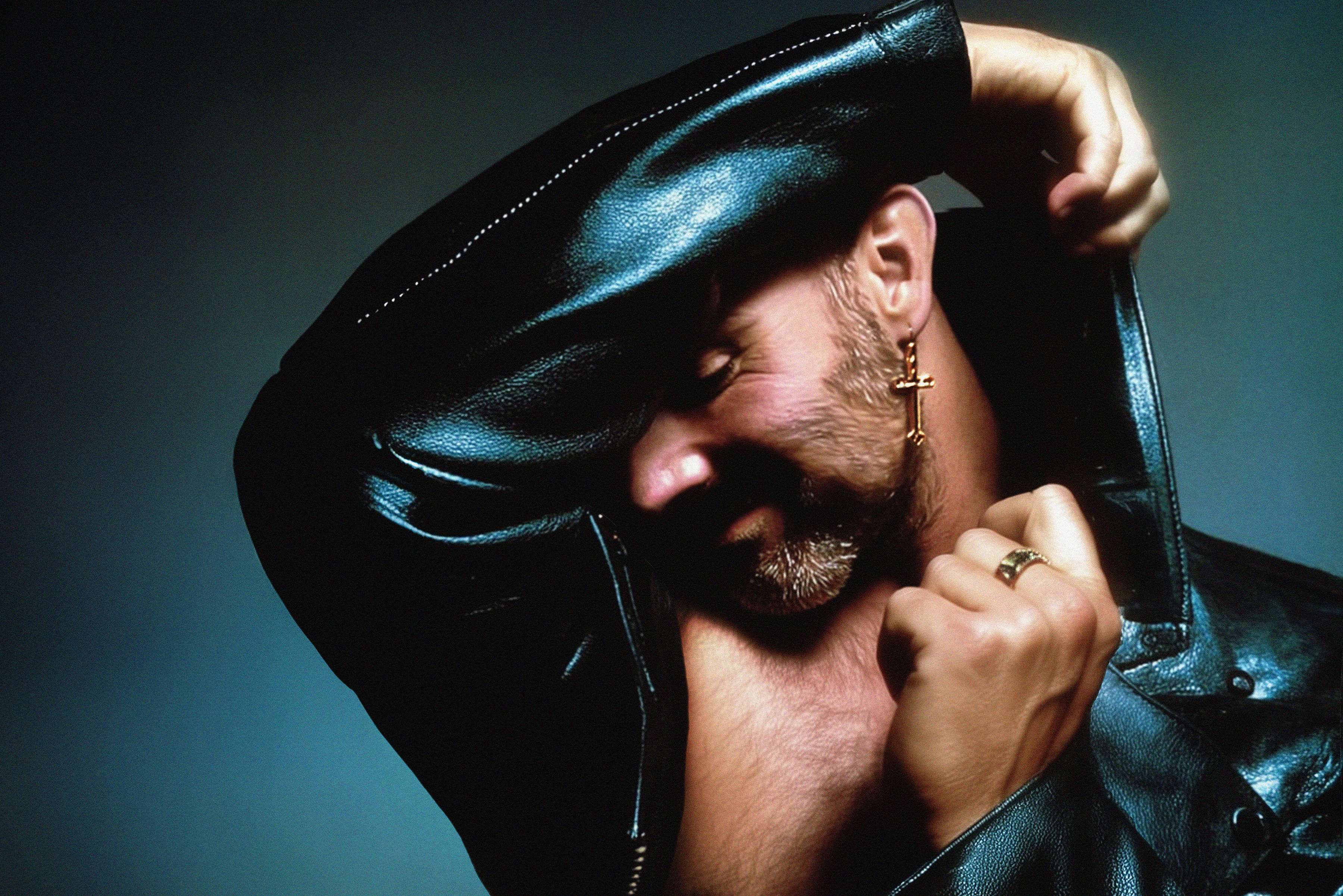Pop Culture Worth Your Time: RoboCop, Nomadland, and More

Linda May and Frances McDormand in Nomadland
As spring sinks its hooks into Portland, our media diets at Portland Monthly have taken a turn for the nostalgic. Here’s what we love this week, from a beloved-but-difficult-to-track-down anime to a current Oscar hopeful, and beyond.
Neon Genesis Evangelion
Despite being 26 years late to the party, now is the perfect time for you to watch the seminal 1995 anime Neon Genesis Evangelion. Netflix snapped up the beloved but difficult-to-find series (and two movies) in 2019, finally making it possible for Americans to watch it all without navigating the world of unofficial bootlegs or forking over beaucoup bucks in the collector's market.
Nomadland
I once had this professor who was from Ohio. Now, he lives in Oregon. He hasn’t been back to visit the mountains since the pandemic began—he says his one stipulation for moving to Oregon was that he’d visit the Appalachians at least once a year. He tells students these very real stories of mining towns swept away by companies that shut down. The people are shuffled off the land and their company tract houses—the mountains are decimated. Chloé Zhao’s Nomadland (now streaming on Hulu) tells us what happens after. Open on a black screen: On January 31, 2011, due to a reduced need for sheetrock, US Gypsum shut down its plant in Empire, Nevada, after 88 years. By July, the Empire zip code, 89405, was discontinued. Then we meet Fern, played by Frances McDormand. She’s packing up her things into a white van, leaving behind most in a storage unit, and she hits the road for a gig job at an Amazon CamperForce facility.
A big winner at the Golden Globes and six-time Oscar nominee, and based on former Oregonian reporter Jessica Bruder’s nonfiction book of the same name, Nomadland is an extremely intimate portrait of an “American tradition,” as Fern’s sister calls it. Equipped with a van she names Vanguard, customized with spaces for cooking, sleeping, and storage, Fern grapples with her husband’s passing, the loss of her land and home, and the deep passing friendships she makes during her highway living. From North Dakota beet farms to Wall Drug in South Dakota to National Parks in California, Fern drifts itinerantly from gig to gig, landscape to landscape, part of a subcultural dispersed group of Americans, unsettled and bound by the anthem, “See you down the road.” They question American tyranny, untenable government safety nets, and the gross inequality of the working class.
At times, the film threatens to form a plot, to domesticate Fern and strive for a predictable conclusion. Non-nomads and former nomads question Fern’s social dislocation and offer her their vision of comfort: a roofed home, a single plot of land. But that’s the point—Nomadland is unsettled, uncomfortable, complicated, and contradictory. Zhao’s film craves a connection to the land and begs us to appreciate its preservation. It’s gritty, slow, and just as the characters are, untethered to a “satisfying” story. —Aurora Biggers, editorial intern
RoboCop
I've been slowly working my way through the oeuvre of Paul Verhoeven, the Dutch avant-garde filmmaker turned Hollywood upstart, and the journey has only now led me to one of his biggest hits: RoboCop, the bloody 1987 sci-fi satire that is in stiff competition with Showgirls and Basic Instinct as Verhoeven's most long-lasting work.
I expected to be wowed, but I did not expect to stay up late texting several friends, asking them if they'd seen a very famous action movie from 40 years ago. At risk of growing a flat cap and a goatee as soon as I type this, they just don't make ’em like RoboCop (now streaming on Amazon Prime) anymore: it's a thrilling, heady sci-fi epic grafted onto an acid-tongued takedown of Reaganomics, replete with pulse-pounding practical effects and a real care for craftsmanship that's all too rare in contemporary studio shoot-’em-up fodder (which, let's be real, means "the Marvel Cinematic Universe"). It's been too long since I've watched an action movie that succeeded at genuinely excited me and also pulled off the social ambitions most blockbusters now typically tack on as an afterthought—I'm looking at you, *shudder* immigration metaphors in Transformers: Age of Extinction. —Conner Reed, arts & culture editor




